Postnatal Depression – Remedies for Overcoming It

The intensity of the feelings associated with bringing a child into the world cannot be expressed through words. The development of feelings towards the fetus during pregnancy, the umbilical cord that facilitates such close communication between mother and child are elements that will always have a special significance in the mother’s consciousness and soul.
Given that my specialty is prenatal gymnastics, through this profession, I have been constantly surrounded by mothers with young children. Guiding them through pregnancy gymnastics classes, and then continuing with postpartum exercise classes, things followed a natural progression.
Due to my profession, I have observed certain differences in behavior between the pregnancy period and the postnatal period in the mothers I work with. These differences manifest as heightened sensitivity, exhaustion, lack of enthusiasm, ease of crying, confusion, and irritability.
Only after going through the process of giving birth myself and then raising my own son did I understand the significance of these experiences.
Postnatal Depression and Hormonal Factors
The birth of a child brings forth a multitude of emotions. You experience the full spectrum of emotions, from joy to happiness, from fear to sadness, and perhaps the most intense is the feeling of anxiety, which persists regardless of how life unfolds with the newborn. In the specialized literature, these manifestations are defined as postnatal depression. The literature explains the following: postpartum depression is primarily determined by significant and sudden hormonal changes that occur immediately after childbirth. Therefore, the levels of female hormones such as estrogen and progesterone decrease significantly in the hours immediately following birth. These decreases can lead to a depressive state, just as minor hormonal changes can trigger dysphoric states and mental tension before the menstrual cycle.
Additionally, thyroid hormone levels can also decrease significantly after childbirth, leading to thyroid deficiency, which can cause depression. When breastfeeding begins, the inhibition of the pituitary gland occurs, and the level of prolactin increases, partly due to a decrease in dopamine levels in certain regions of the brain. Decreased dopamine is known to be correlated with the emergence of depressive symptoms, anxiety, and obsessive thoughts.
Experiencing this painful and confusing process myself, I became interested in studying and finding solutions to address this issue.
Solutions to Remedy Postnatal Depression
As a form of movement, I opted for yoga. Yoga greatly helps restore hormonal balance and develop proper breathing. Breathing is the only bodily function that we can consciously control to influence our unconscious mind. When we are scared, for example, our breathing will accelerate or stop. If, at that moment, we consciously act on our breathing and take deep breaths a few times, we will discover that the feeling of fear diminishes. Thus, correlating yoga asanas with breathing greatly aids in calming the nervous system.
Another solution I chose, which was beneficial for me, involved spending time in nature, particularly in parks and by the seaside.
A highly effective remedy for calming the nervous system and intense emotional states is music. The sound of ocean waves or, if you live near the sea, relaxing by the shore and breathing in sync with the waves – inhaling as the wave approaches and exhaling as the wave recedes.
Benefits of Yoga in Restoring Hormonal Balance
Yin yoga is another highly beneficial practice. This type of practice acts on the fascia. Fascia is a continuous tissue that envelops every organ and cell in the human body. Several studies have been conducted in the last decade on this tissue and how releasing tension in it helps improve athletic performance, as well as physical and mental health.

Connecting with Nature – The Remedy for Calming the Nervous System
Perhaps the easiest exercise we can do as new mothers is to take our newborns for a walk in the park, engage in at least 30 minutes of outdoor walks, and when we return home, massage the soles of our feet with a tennis ball.
Looking back on the period following the birth of my son, Alexandru, I realize that instinctively, I resorted to remedies that were beneficial to me. Sometimes I was motivated by the thought that it would benefit him, but today I understand that I was actually taking care of myself, and in turn, it was also beneficial for him.
The Importance of Maternal Care for Healthy Child Development
Children develop beautifully and healthily when mothers take care of themselves so that they can share their well-being with the people they interact with, in our case, the child.
Therefore, if you are a mother, dedicate at least two hours a week to engage in physical activity, take a walk in nature with your child, or pamper your body with a relaxing massage.”
Gloria Hristina Tone
" Gloria era în ultimul an de facultate când a intrat prima data într-un cabinet de kinetoterapie, unde activitatea principala era gimnastica pentru gravide. Acolo a început calatoria ei în acest domeniu. Dupa ce stagiul de practica a luat sfârsit, Gloria a pus în aplicare cunostiintele dobândite lucrând cu femei însarcinate. La început a facut doar gimnastica, însa pe parcursul anilor a aprofundat acest domeniu. În 2011 a urmat cursul de doula, apoi în 2012 cel de yoga pentru gravide. În 2010 a început formarea în NLP Rezonanz care i-a deschis o lume noua catre sufletul sau. Asa a introdus în munca sa cu femeile însarcinate conectarea dintre minte si corp si conectarea mamelor cu bebelusul din burtica. Formarea în Remedii Florale Bach a adus în practica ei un alt element prin care a putut ajuta mamicile în devenire sa faca fata multitudinii de emotii, pe care sarcina le scoate la suprafata. În Septembrie 2015 Gloria a devenit ea însasi mamica, iar aceasta experienta i-a largit foarte mult orizontul si modul de abordare al sarcinii si mai ales a perioadei imediat urmatoare. În prezent Gloria preda clase de yoga pentru gravide, mame si bebelusi, copii si adulti, ofera sedinte de coaching unde îmbina tehnici NLP, ThetaHealing, Arterapie si Remedii Florale Bach. De asemenea sustine clase de yoga la Stejarii Country Club. "Felul în care îmi traiesc viata: privesc tot timpul partea buna a experientelor, sunt recunoscatoare zi de zi pentru ceea ce am si ma folosesc zilnic de tot ce am învatat pâna acum, pentru a face fata provocarilor pe care viata mi le aduce în cale." "
Recent Posts
Related Articles
CrossFit exercises practiced outdoors or at home
Concentration and discipline are indispensable for succeeding in any training program, regardless...
July 27, 2023Health guide for “ageless” women
Discover the Benefits of Physical Exercise and the Best Types of Training...
July 27, 2023Home-Based Pregnancy Workout in Comfort
The Benefits of Prenatal Home Workout The way we interact with people...
July 10, 2023Supplementation with Vitamins and Minerals
Essential nutrients for the body The macronutrients and micronutrients are essential for...
July 10, 2023
























Leave a comment